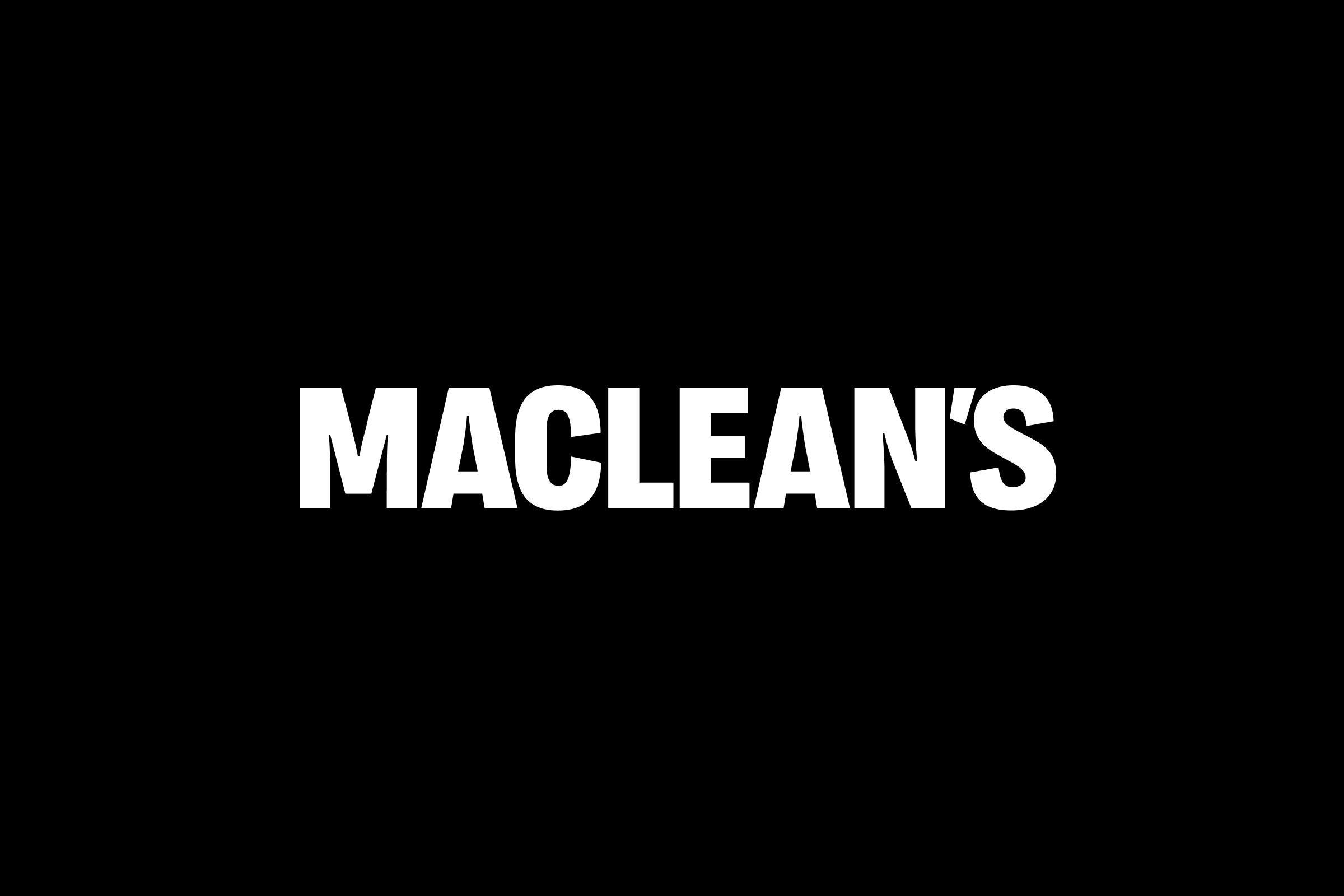vote subsidy
Gender equality and democracy (II)
Dan Arnold troubleshoots Paul Dewar’s proposal to increase the number of women seeking office.
Gender equality and democracy
Paul Dewar wants to restore the per vote subsidy, but link it to gender equality.
Careful what you wish for, Prof. Mendes
Colby Cosh on how we might as well go ahead and hold the funeral if democracy is so easily buyable
Let’s try this again
Finance Minister Jim Flaherty has now tabled the second version of the 2011 budget—the prepared text of Mr. Flaherty’s speech to the House is here.
The end of the vote subsidy
The Conservatives will, as promised, move to phase out the per vote subsidy. Marc Garneau, whose Liberal party will be most wounded, wonders if it’s time to raise the limit on individual donations.
Making your vote count
Adam Chapnik makes a case for the per vote subsidy.
In the balance
Errol Mendes figures the vote subsidy is part of a delicate balance.
The case for a reduced vote subsidy
Duff Conacher suggests the vote subsidy needn’t be eliminated, merely reduced.
The case for the vote subsidy
Michael Ignatieff and Jack Layton argue in favour of the $2 per vote party subsidy.
You’ve got mail
The government that wants—on “principle”—to end the vote subsidy for political parties, finds a new way to use public funds for partisan purposes.
The Bloc, its leader, and their subsidies
Two things, both Bloc-related:
1) Turns out those rumours Gilles Duceppe was planning on stepping down tomorrow weren’t true after all. How do you mend a broken (Conservative) heart?
2) Last week, former Mulroney adviser Andrew Stark wrote that the federal government should modify the per-vote party subsidy program to cut out the Bloc’s funding.
You have to admire Stark’s honesty in framing his proposal as an explicit attack on the Bloc: “As long as the Bloc Québécois holds a lock on 40 to 50 seats in Parliament, neither of the two main political parties will have an easy time winning a majority.” Fittingly, Stark’s plan would cripple the Bloc’s finances while leaving the other parties’ perfectly intact.
This week, the Conservative Minister for Democratic Reform, Steven Fletcher, tells The Hill Times he agrees with Stark. Fletcher would, in fact, go further and shutter the program entirely, as the Conservatives tried to do late last year.
I’m a little surprised at how quickly the idea of a government kneecapping one or all of the opposition parties by changing their funding model has gone from being unpalatable partisan trickery to respectable policy. Even though putting the idea forward last November almost cost them their government, whatever the Conservatives have done since then to keep it afloat appears to have worked as well as they could have hoped. Sure, Duceppe has since shot back at Fletcher. But the usual suspects—including the types who get embarrassingly excited about a “scandal” involving a wafer—haven’t said much about either Stark’s or Fletcher’s plans.
Is everyone just resigned to the idea the subsidies are doomed?
[Photo lifted from dougsamu’s Flickr page]
Towards a mature democracy
John Mraz makes the case for eliminating so-called ten-percenters.


